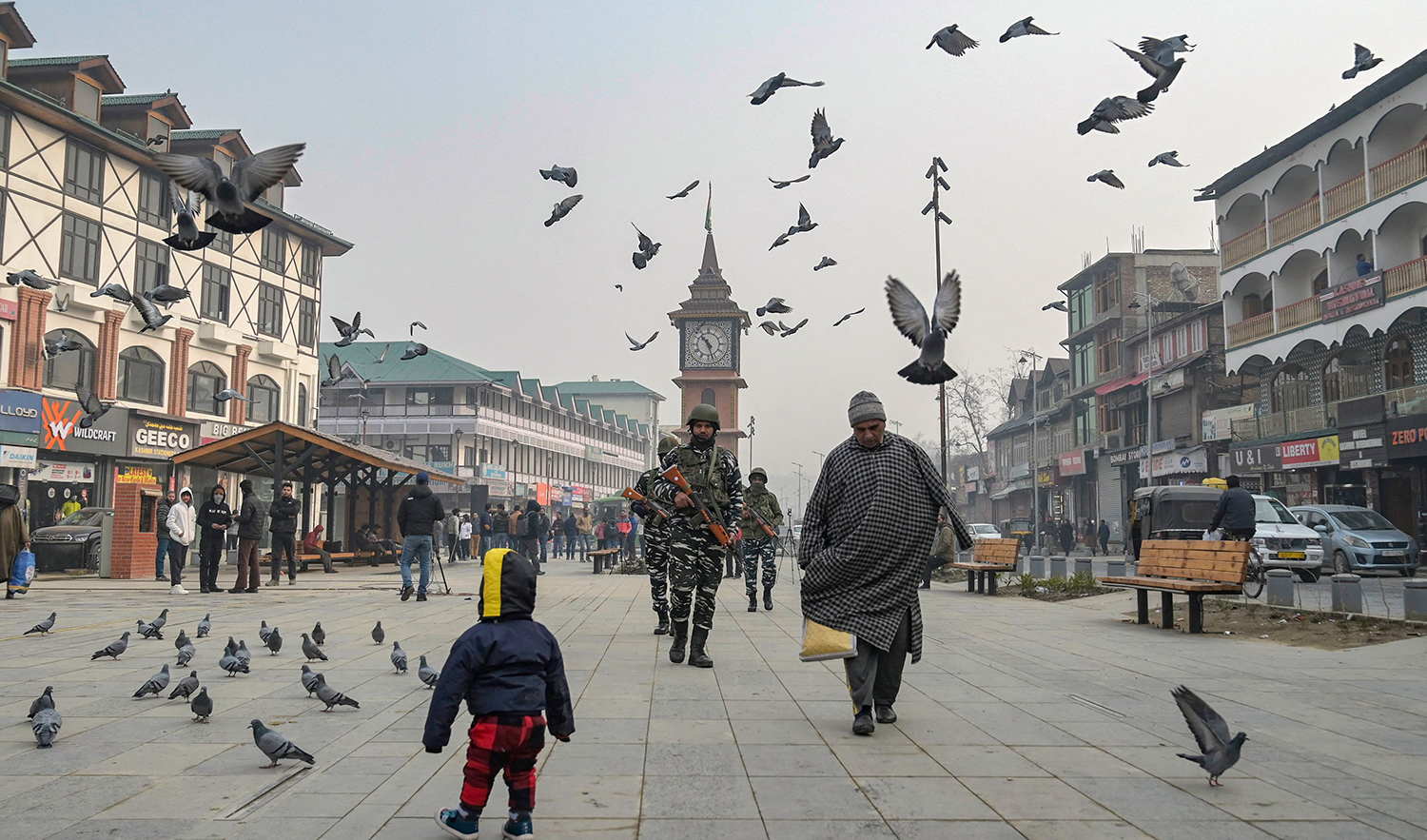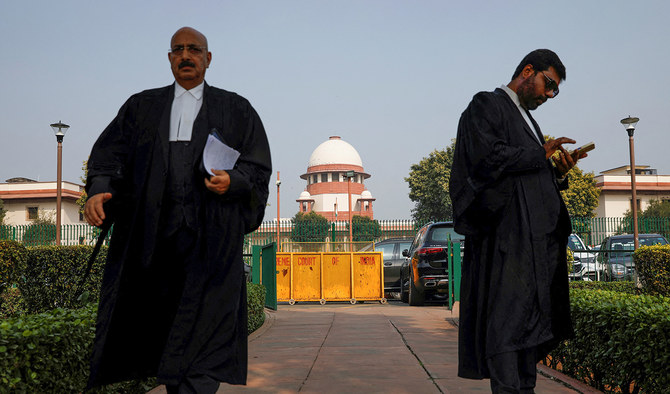WASHINGTON: US President Donald Trump said on Sunday he will send Patriot air defense missiles to Ukraine, saying they are necessary to defend the country because Russian President Vladimir Putin “talks nice but then he bombs everybody in the evening.”
Trump did not give a number of Patriots he plans to send to Ukraine, but he said the United States would be reimbursed for their cost by the European Union.
The US president has grown increasingly disenchanted with Putin because the Russian leader has resisted Trump’s attempts to negotiate a ceasefire between Ukraine and Russia.
Ukrainian President Volodymyr Zelensky has asked for more defensive capabilities to fend off a daily barrage of missile and drone attacks from Russia.
“We will send them Patriots, which they desperately need, because Putin really surprised a lot of people. He talks nice and then bombs everybody in the evening. But there’s a little bit of a problem there. I don’t like it,” Trump told reporters at Joint Base Andrews outside of Washington.
“We basically are going to send them various pieces of very sophisticated military equipment. They are going to pay us 100 percent for that, and that’s the way we want it,” Trump said.
Trump is set to meet NATO Secretary General Mark Rutte this week to discuss his plan to sell NATO allies US weaponry that they can then pass on to Ukraine.
Rutte will be in Washington on Monday and Tuesday and plans to hold talks with Trump, Secretary of State Marco Rubio and Defense Secretary Pete Hegseth as well as members of Congress.
“I’m gonna have a meeting with the secretary general who’s coming in tomorrow,” Trump told reporters as he arrived in Washington on Sunday night. “But we basically are going to send them various pieces of very sophisticated (weapons) and they’re gonna pay us 100 percent for them.”
“Inflection point”
A top ally of Trump, Republican Sen. Lindsey Graham of South Carolina, said Sunday that the conflict is nearing an inflection point as Trump shows growing interest in helping Ukraine fight back Russia. It’s a cause that Trump, who during his campaign made quickly ending the war a top priority, had previously dismissed as being a waste of US taxpayer money.
“In the coming days, you’ll see weapons flowing at a record level to help Ukraine defend themselves,” Graham said on CBS’ “Face the Nation.” He added: ”One of the biggest miscalculations (Russian President Vladimir) Putin has made is to play Trump. And you just watch, in the coming days and weeks, there’s going to be a massive effort to get Putin to the table.”
The Rutte visit comes after Trump last week teased that he would make a “major statement” on Russia on Monday and as Ukraine struggles to repel massive and complex air assaults launched by Russian forces. Trump on Sunday declined to offer further details on his coming announcement.
“We’re going to see what we will see tomorrow,” he said.
“It’s time to do it”
Graham and Democratic Sen. Richard Blumenthal of Connecticut, who also appeared on CBS, said there is also growing consensus on Capitol Hill and among European officials about tapping some of the $300 billion in Russian assets frozen by Group of Seven countries early in the war to help Ukraine.
“It’s time to do it,” Blumenthal said.
Rubio said Friday that some of the US-made weapons that Ukraine is seeking are deployed with NATO allies in Europe. Those weapons could be more quickly transferred to Ukraine, with European countries buying replacements from the US, he said.
French Defense Minister Sebastien Lecornu, in an interview published Sunday in La Tribune Dimanche, said European officials have been making the case to the Trump administration to bolster air defense capabilities with any coming packages.
He added that France is in a “capacity hole” and will have to wait until next year before being able to provide Ukraine new ground-air missiles.
Hitting Russia’s enablers
Trump is also facing calls from Republicans and Democrats as well as European allies to support legislation in the Senate that aims to cripple Russia’s oil industry and hit Moscow with US sanctions for its ongoing invasion of Ukraine.
The legislation, in part, calls for a 500 percent tariff on goods imported from countries that continue to buy Russian oil, gas, uranium and other exports. It would have an enormous impact on the economies of Brazil, China and India, which account for the vast majority of Russia’s energy trade.
“The big offender here is China, India and Brazil,” Graham said. “My goal is to end this war. And the only way you are going to end this war is to get people who prop up Putin — make them choose between the American economy and helping Putin.”
That revenue is critical in helping keep the Russian war machine humming as the US and Europe have imposed significant import and export bans on a wide range of goods to and from Russia, affecting sectors like finance, energy, transport, technology and defense.
Trump for months had threatened, but held off on, imposing new sanctions against Russia’s oil industry.
Congress has been prepared to act on the legislation, sponsored by Graham and Blumenthal, for some time.
The bill has overwhelming support in the Senate, but Republican leadership has been waiting for Trump to give the green light before moving ahead with it.
The White House had expressed some reservations about the legislation. Trump made clear he wants full authority over the waiver process to lift the sanctions, tariffs or other penalties, without having to cede control to Congress.
Under the initial bill, the president “may terminate” the penalties under certain circumstances, but immediately reimpose them if the violations resume. Graham has said the president would be allowed to waive the sanctions, for 180 days, and could also renew a waiver.
Some Democratic lawmakers have expressed concerns about the waivers. But Blumenthal downplayed the differences and said the legislation would give Trump a “sledgehammer” to utilize on Putin.
“The waiver language we will have in this bill is very much like the provisions have existed in past similar measures,” Blumenthal said. He added, “What I think is most important right now is our unity.”


























